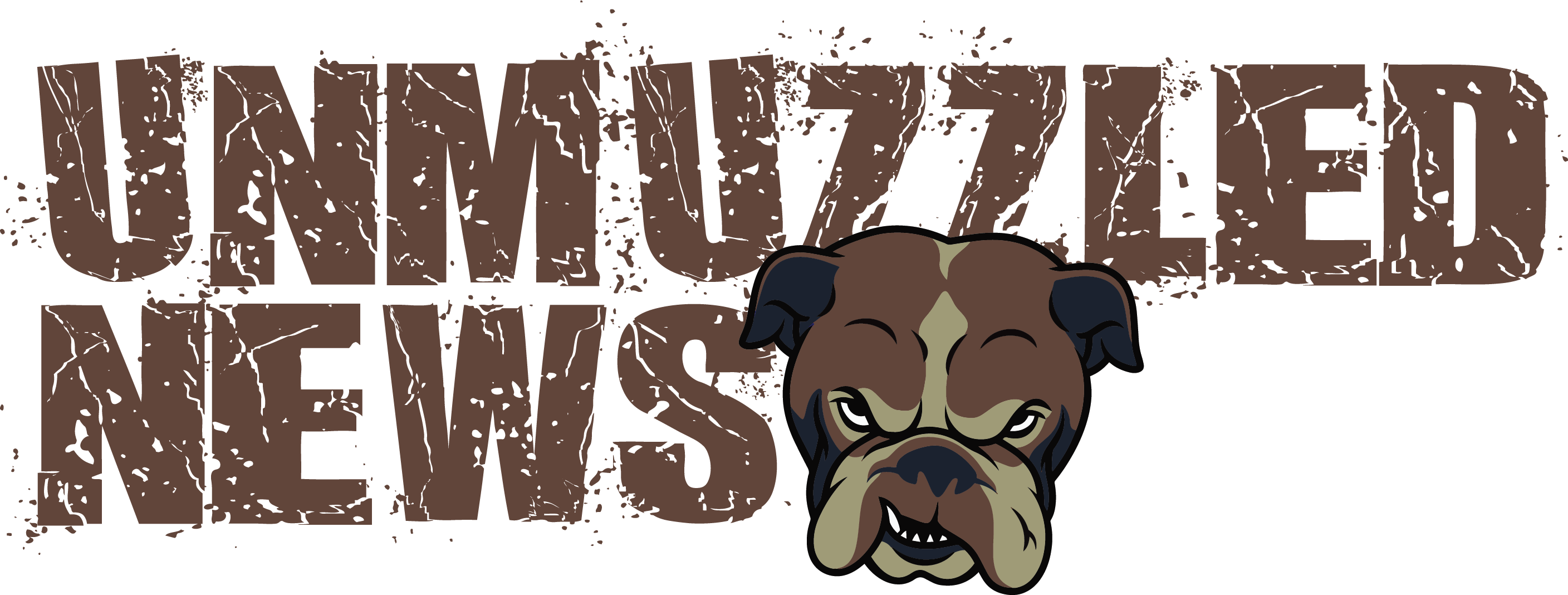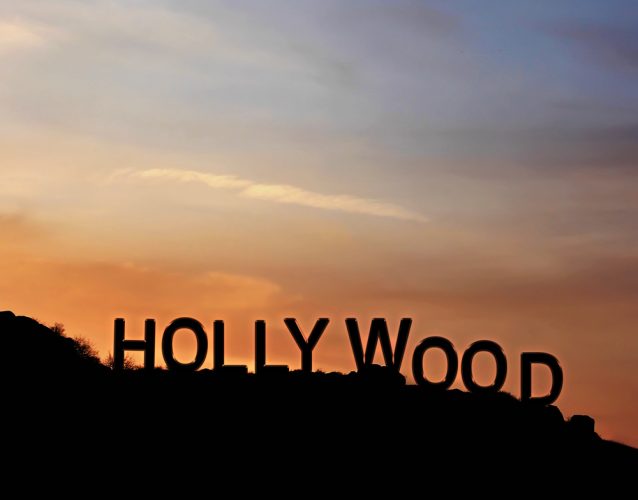Late-night television has become a wasteland of left-wing propaganda disguised as comedy.
The hosts spend more time lecturing audiences than making them laugh.
And Jay Leno made one confession about late-night TV that left Hollywood speechless.
Leno reveals the secret to dominating late-night television
Jay Leno dominated late-night television for 22 years as the host of The Tonight Show, consistently crushing his competition in the ratings.
His success wasn’t accidental.
During a recent discussion with David Trulio, President and CEO of the Ronald Reagan Presidential Foundation and Institute, Leno revealed the strategy that made him America’s favorite late-night host.¹
An analysis of Leno’s work showed that his jokes were "roughly equally balanced between going after Republicans and taking aim at Democrats."
That balance was the key to his massive success.
"It was fun for me when I got hate letters from both sides," Leno explained. "Dear Ms. Leno, You & Your Republican Friends… Well, Mrs. Leno, I hope you and your Democratic buddies are happy… over this same joke. And I go, well, that’s good."
Leno understood something that today’s late-night hosts have completely forgotten – comedy works best when it brings people together, not when it drives them apart.
"That’s how you get a whole audience," Leno stated. "Now you have to be content with half the audience because you’ve got to give your opinion."
The Rodney Dangerfield approach to comedy gold
Leno’s philosophy was shaped by his 40-year friendship with comedy legend Rodney Dangerfield.
The two comedians focused on what actually mattered – making people laugh.
"Rodney Dangerfield and I were friends. I knew Rodney 40 years and I had no idea if he was Democrat or Republican," Leno revealed. "We never discussed politics. We just discussed jokes."
That approach created timeless comedy that appealed to everyone regardless of their political beliefs.
Dangerfield became one of the most beloved comedians in American history because he understood that people didn’t want to be lectured – they wanted to laugh.
"I like the thing that people come to a comedy show to kind of get away from things, you know, pressures in life," Leno explained.
Comedy was supposed to be an escape from the daily grind, not another source of political stress.
"I love political humor, don’t get me wrong, but it’s just what happens when people wind up choosing too much to one side or the other," Leno added.
Modern late-night hosts are destroying their own industry
Today’s late-night television landscape looks nothing like the one Leno dominated for over two decades.
Hosts like Stephen Colbert, Jimmy Kimmel, and Jimmy Fallon have turned their shows into extensions of the Democrat Party’s messaging operation.
They’ve abandoned comedy in favor of political activism.
The results speak for themselves – late-night ratings have cratered as hosts alienate half of their potential audience.
Colbert’s transformation from satirical character to left-wing hack has been particularly devastating to his career.
After years of relentless Trump bashing and Democrat cheerleading, CBS pulled the plug on The Late Show with Stephen Colbert, canceling the show that once held promise before it became unwatchable propaganda.
"Comedy can be used to unite or divide people," Leno observed.
Modern hosts have chosen to divide.
Leno’s approach proved that "funny is funny" – regardless of political affiliation.
"It’s funny when someone who’s not… when you make fun of their side and they laugh at it," Leno said.
But today’s hosts have no interest in making fun of Democrats or the Left.
They’ve become propagandists masquerading as comedians.
The marketplace rewards broad appeal over partisan pandering
Leno’s success wasn’t just critical – it was financial.
His balanced approach allowed him to capture the entire late-night audience while his competitors fought over scraps.
"Both you and Rodney Dangerfield experienced and have been experiencing enormous success," Trulio noted. "Your approach worked."
The marketplace rewarded Leno’s strategy of appealing to everyone rather than preaching to the choir.
"In the marketplace, why shoot for half an audience all the time?" Trulio asked. "Why not try to get a whole audience?"
It’s a question that modern late-night hosts refuse to answer honestly.
They’ve chosen ideological purity over ratings success.
"I don’t think anybody wants to hear a lecture," Leno stated. "When I was with Rodney, it was always about the economy of words – get to the joke as quickly as possible."
Modern hosts do the exact opposite – they lecture first and tell jokes second, if at all.
Leno’s advice falls on deaf ears in woke Hollywood
Leno’s formula for success is simple: focus on what’s funny rather than what’s political.
"I’m not saying you have to throw your support behind one particular group, or just don’t do it at all," Leno explained. "But just do what’s funny."
This advice should be common sense in the entertainment industry.
But common sense has been abandoned in favor of woke activism.
Today’s late-night hosts would rather virtue signal to their Hollywood peers than entertain Middle America.
They’ve forgotten that their job is to make people laugh, not to change their political opinions.
The result is a late-night landscape that has become increasingly irrelevant to most Americans.
Leno built his career on the idea that "funny is funny" – a concept that seems revolutionary in today’s politicized entertainment environment.
His success proves that audiences hungry for real comedy will reward entertainers who put laughs ahead of lectures.
The question is whether any current late-night host has the courage to follow Leno’s example and start appealing to all Americans again.
¹ David Trulio, "Jay Leno Interview," Ronald Reagan Presidential Foundation and Institute, X/Twitter Post, July 23, 2025.















